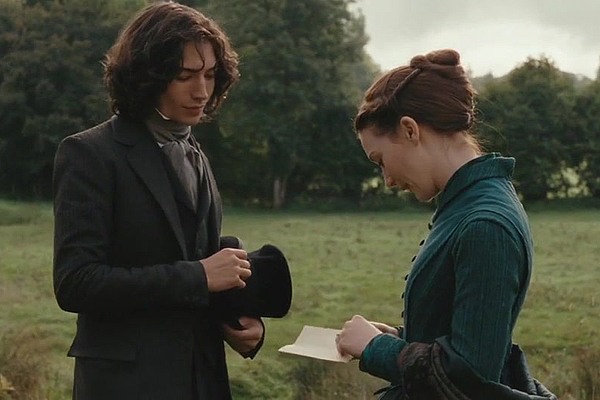

Then, without missing a beat, she switches to smug, cynical satisfaction, as Rudolf admires the letter and congratulates himself on his close escape. In a swoony, sighing voice full of noble suffering, Jackson reads his flowery letter of tears and regret, saying he loves her too much to ruin her life and her reputation. To Rudolf, Emma is just one in a long series of conquests, and he gets cold feet at the thought of being permanently responsible for her welfare and that of her child. Jackson is especially outstanding in the scene which takes place the night before Emma plans to run off with her lover, Rudolf. Emma's unrealistic dreams (she yearns for a perfect, romantic love that will sweep her away into perpetual bliss) lead her into one affair after another, and then to financial ruin and suicide. The eponymous character lives beyond her means in order to escape. Her reading perfectly captures the restlessness of Emma Bovary, a character perpetually dissatisfied with her solid, steady husband and bourgeois life in provincial 19th-century France. Madame Bovary ( / bovri / 1 French: madam bvai ), originally published as Madame Bovary: Provincial Manners ( French: Madame Bovary: Murs de province madam bvai m (s) d pvs ), is a novel by French writer Gustave Flaubert, published in 1856. Glenda Jackson hits the mark in this superb narration of Flaubert's classic novel. Beautiful Emma Rouault yearns for the life of wealth, passion and romance she has encountered in popular sentimental fiction, and when her doctor, the well-meaning but awkward and unremarkable Charles Bovary, begins to pay her attention, she imagines that she may be granted her wish.


 0 kommentar(er)
0 kommentar(er)
